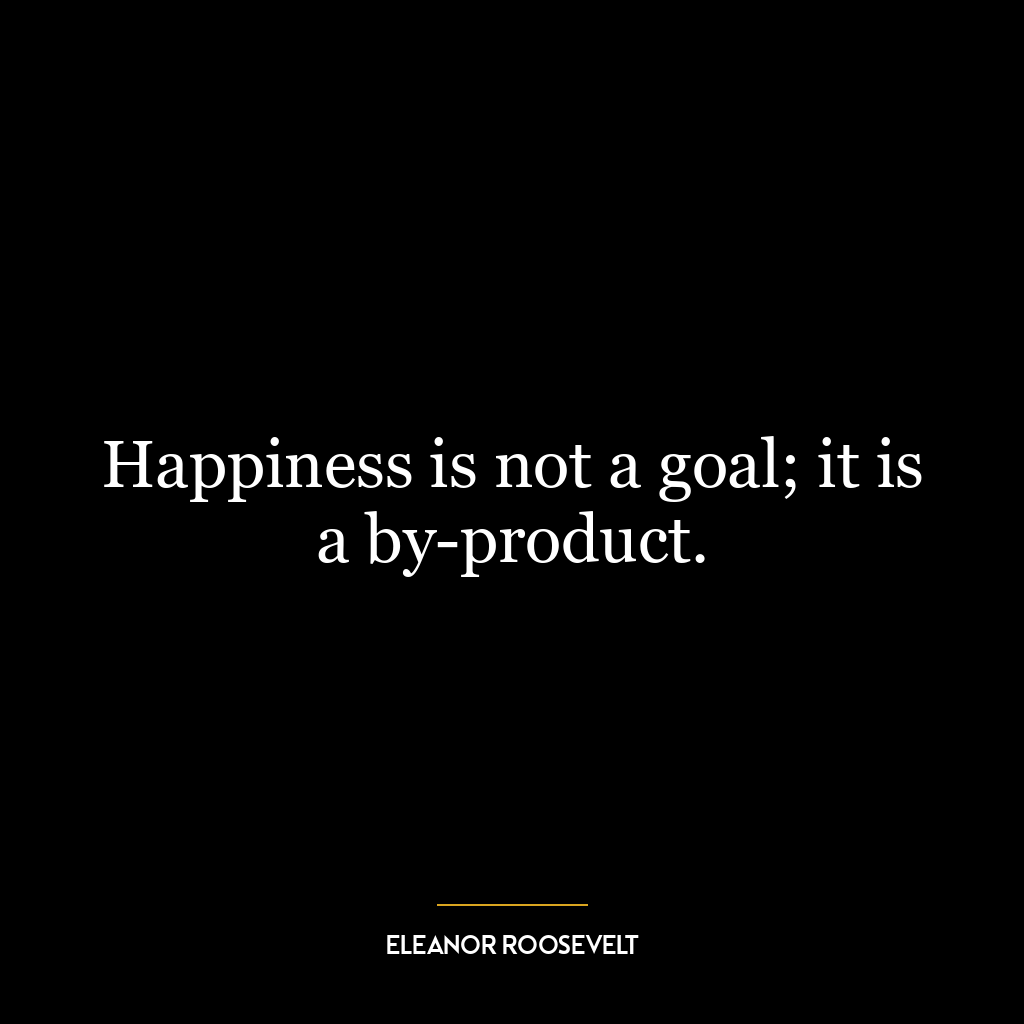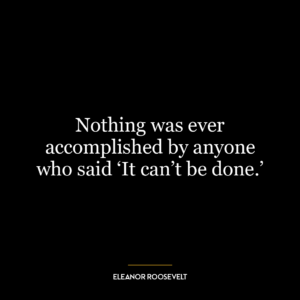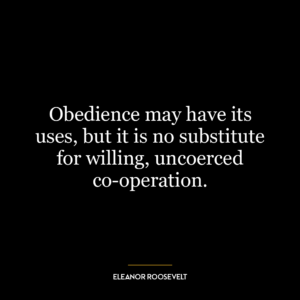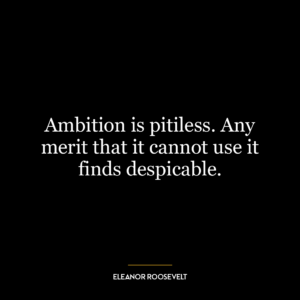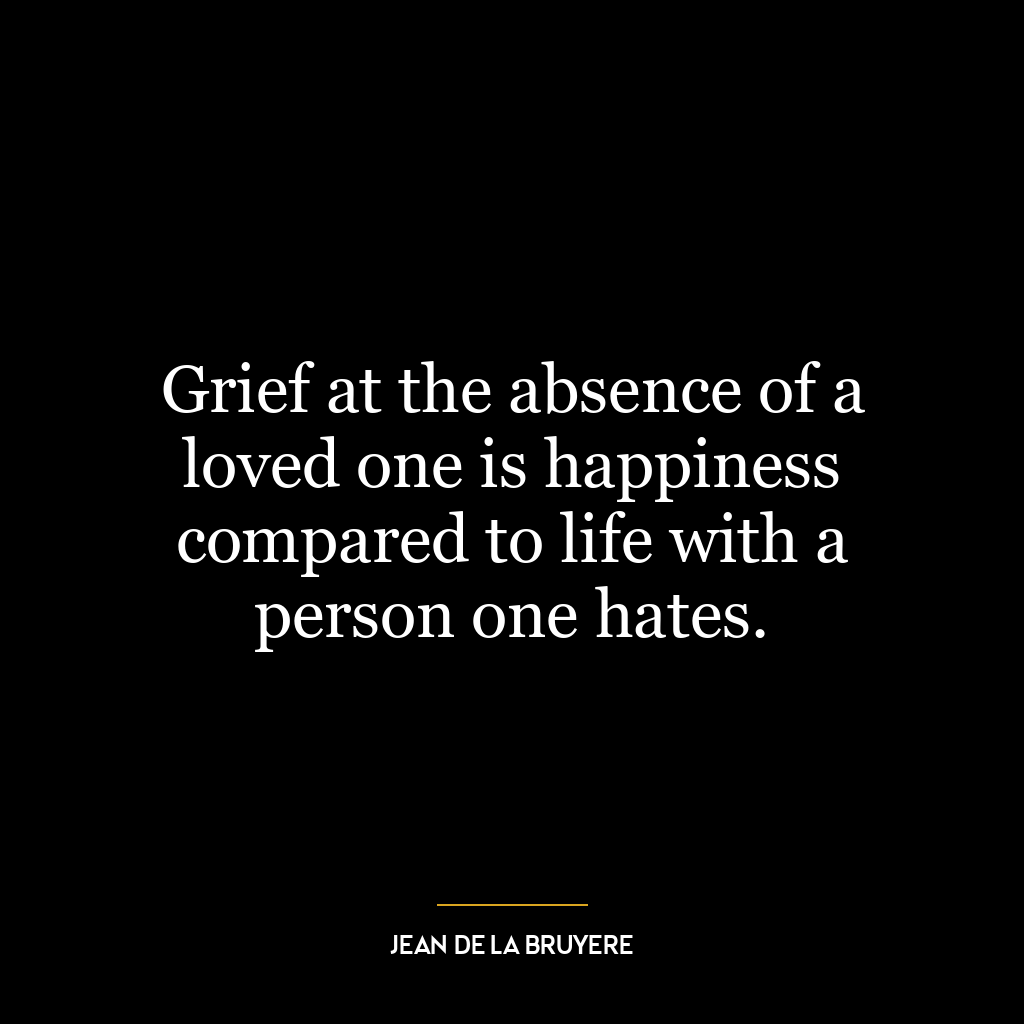Happiness is not a goal; it is a by-product.
This quote implies that happiness should not be viewed as a destination or end goal. Instead, it is a by-product or outcome that naturally arises from living a fulfilling and meaningful life. It suggests that if one focuses solely on achieving happiness, they might miss out on the journey and experiences that truly make life worthwhile.
Instead of striving for happiness, one should strive for growth, purpose, and passion. When one is engaged in something they love, happiness tends to follow. It is the result of a life well-lived, not the aim. Happiness is the by-product of personal achievement, strong relationships, meaningful work, and other aspects of life that bring us satisfaction and joy.
In the context of today’s world or personal development, this might mean focusing on personal growth, learning, and contributing to something larger than oneself, rather than simply pursuing happiness. For instance, instead of seeking a job that you think will make you happy, find work that is meaningful and fulfilling, and happiness will likely follow.
In the realm of personal relationships, instead of seeking people who will make you happy, focus on building strong, supportive, and meaningful relationships, and happiness will come as a by-product.
In terms of personal development, it could mean focusing on self-improvement, learning new skills, or pursuing a passion, rather than on the goal of achieving happiness. The pursuit of these things, and the satisfaction and fulfillment that come from them, will bring about happiness as a natural by-product.
In essence, this quote suggests a shift in perspective: instead of chasing happiness, we should focus on living a life that is true to ourselves, fulfilling and meaningful, and happiness will naturally follow. It’s not the goal, but rather the beautiful outcome of living a life well-lived.

